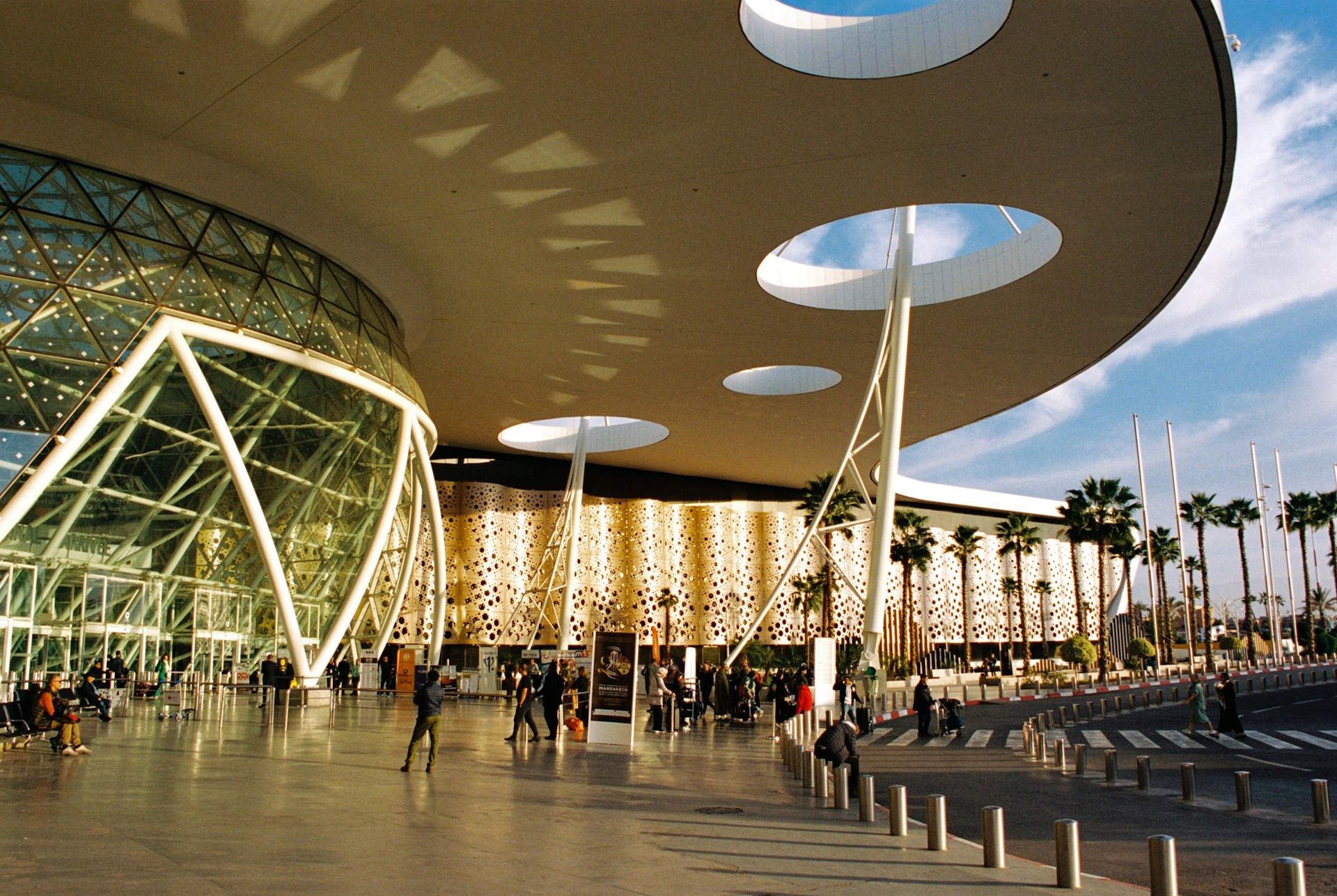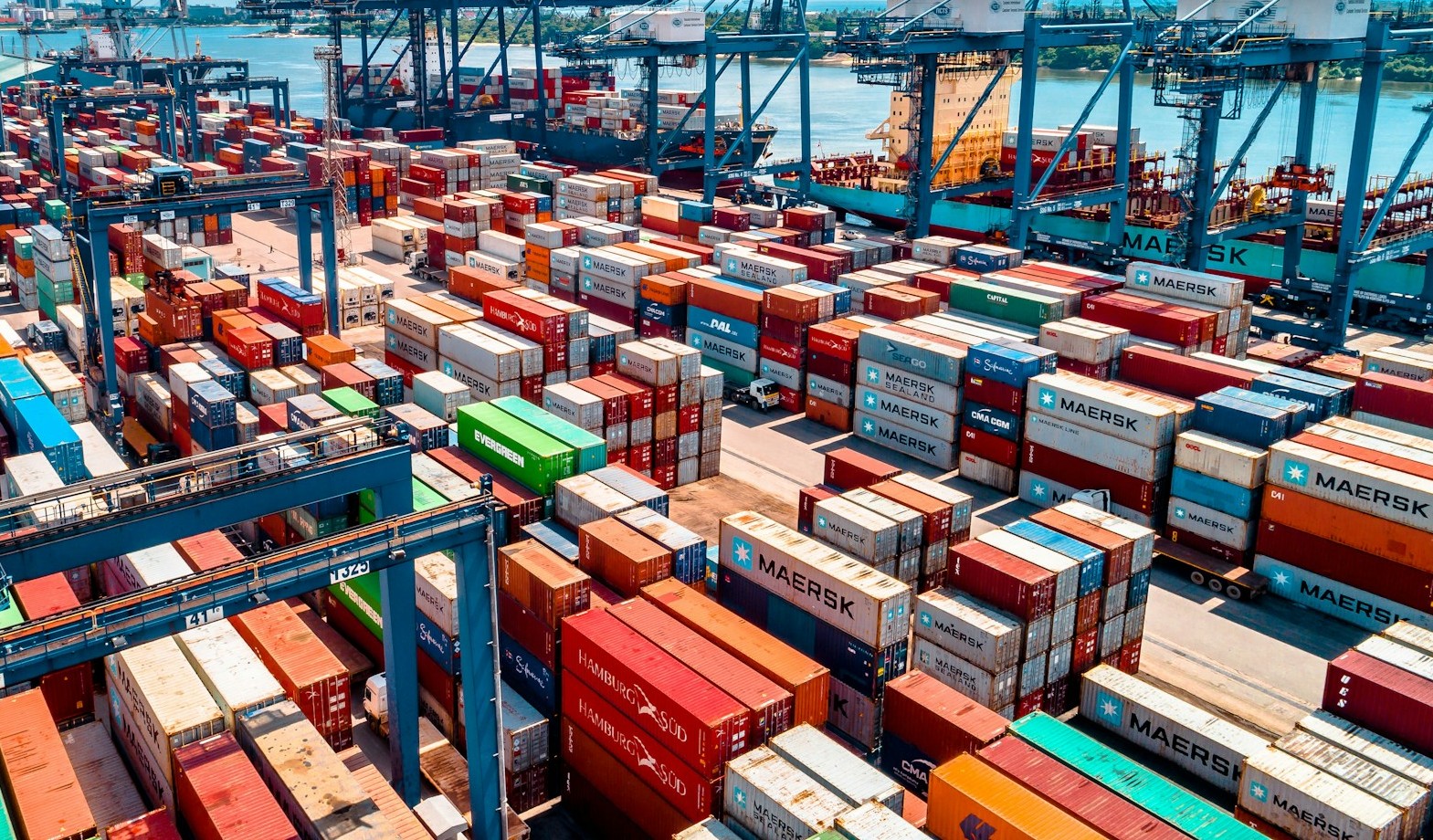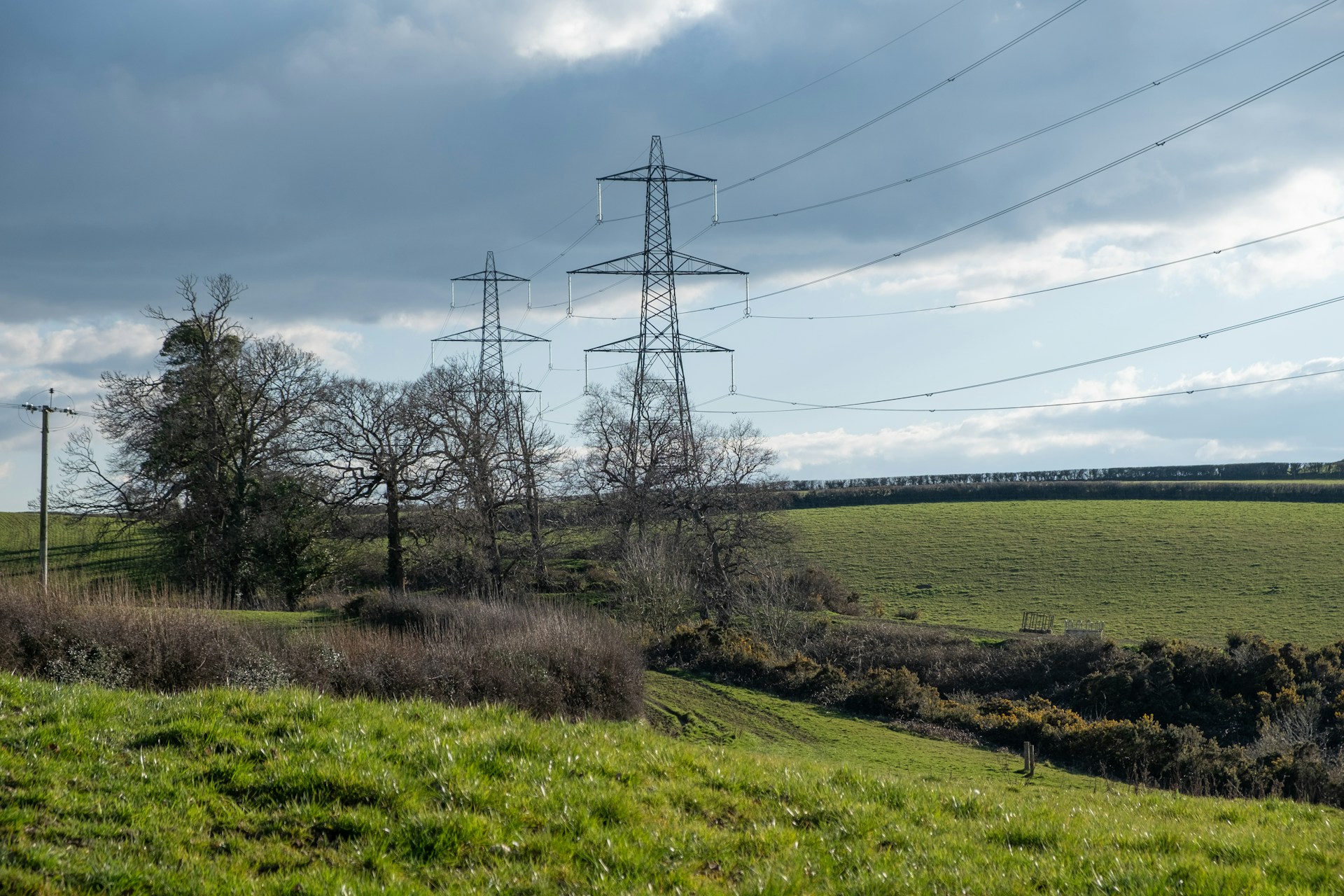Casablanca – Budget Minister Fawzi Lekjaa underscored the significant advancements in public spending efficiency and policy effectiveness during a key presentation to the Public Finance Control Committee. His remarks came as the Moroccan House of Representatives unanimously approved Draft Settlement Law No. 09.24, which addresses the implementation of the 2022 Finance Law.
In his presentation, Lekjaa highlighted the pivotal role of Organic Law No. 130.13, which has significantly enhanced the finance law’s role in institutional debates. This law emphasizes the scrutiny of public expenditure and the evaluation of adopted policies. The new approach has involved all ministerial sectors and institutions in performance efficiency initiatives, supported by comprehensive performance and audit reports from the Ministry of Economy and Finance and the General Inspectorate of Finance.
Lekjaa noted that the number of ministerial sectors and institutions participating in these performance workshops increased to 37 in 2022, up from 35 in 2021. The number of performance goals and indicators was streamlined to 391, including 109 gender-responsive goals, compared to 406 goals with 118 gender-responsive goals in the previous year. These changes reflect ongoing efforts to enhance performance monitoring and evaluation, demonstrating the government’s commitment to implementing performance audit recommendations.
The final results of the 2022 Finance Law implementation revealed significant fiscal outcomes. By the end of the year, general budget expenditures totaled approximately $47.7 billion. Estimated general budget resources were around $37.2 billion, with actual collections reaching about $38.6 billion, achieving a realization rate of 103.77%. Regular resources made up roughly 81.93% of the total collected resources.
For special Treasury accounts, expenditures amounted to about $13.5 billion, while resources collected reached $15.7 billion, surpassing the forecasted $10.1 billion and achieving a 154.43% completion rate. Independent state-operated facilities reported $216 million in operating expenses and $445 million in revenue, exceeding the final estimate of $402 million. Investment resource estimates reached $142 million, with total collections of $149 million.
Lekjaa also noted that the 2022 Finance Law achieved a resource completion rate of 115% and an expenditure rate of 81%. The general budget recorded a surplus of approximately $9.1 billion in expenditures over resources, while special Treasury accounts had a surplus of about $2.1 billion. Independent state-operated facilities reported a resource surplus of $329 million, leading to an overall expenditure surplus of about $6.6 billion for the 2022 budget.
Parliamentarians responded positively to Lekjaa’s presentation, praising the government’s efforts to improve public finance conditions despite challenging global economic conditions. They acknowledged the positive revenue growth in the general budget and appreciated the government’s focus on enhancing the social role of the state rather than solely reducing the budget deficit.
The parliamentarians also called for an elevated institutional debate between the legislative and executive branches, emphasizing the need for modernizing public finance governance and reinforcing principles of accountability, evaluation, and transparency. They stressed the importance of giving the Settlement Law the same level of attention as the Finance Law in terms of study, discussion, and voting.
Furthermore, they highlighted the necessity for stronger collaboration between the government and parliament to establish good governance across all state functions, including planning, programming, execution, monitoring, and evaluation of public programs, especially in the face of a challenging and volatile international environment.
















